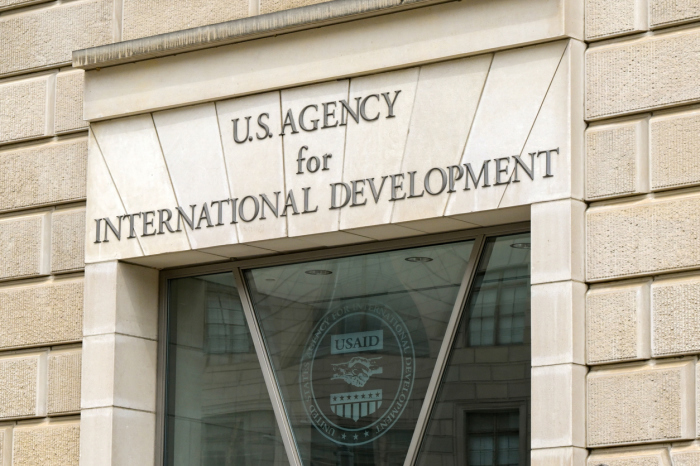
The Trump administration has filed an appeal with the U.S. Supreme Court over whether it must make billions of dollars in foreign aid payments.
Solicitor General D. John Sauer filed an application with the high court on Tuesday evening to stay a preliminary injunction blocking an executive order stopping specific foreign aid payments.
The injunction was issued in the cases of United States Department of State, et al. v. AIDS Vaccine Advocacy Coalition, et al., and Donald Trump, et al. v. Global Health Council, et al.
"This case began as an emergency over whether a district court had jurisdiction to order the government to pay $2 billion for contractual work completed under foreign-aid grants within 36 hours," reads the application.
"Now, that district court has installed itself as supervisor-in-chief of further spending and rescissions proposals, issuing a preliminary injunction ordering the government to make available for obligation tens of billions of dollars in appropriated foreign aid funds and to spend many billions of dollars by September 30, before those appropriations expire."
In January, President Donald Trump signed an executive order telling federal agencies to "immediately pause" various foreign aid funds to other countries and non-governmental organizations to give the new administration the chance to review the programs.
A few days later, U.S. Secretary of State Marco Rubio issued a memorandum freezing foreign aid programs funded by the U.S. Department of State and the U.S. Agency for International Development.
In response, multiple groups that were recipients of those funds filed complaints in the U.S. District Court for the District of Columbia, in the hopes of stopping the implementation of the executive order.
U.S. District Judge Amir Ali, a Biden appointee, issued an order on Feb. 25 in favor of the plaintiffs, ordering the government to pay contractors and grant recipients within 36 hours for work that was already completed.
The Trump administration appealed the decision soon after, with the Supreme Court issuing an unsigned opinion on March 5 asking Ali to "clarify what obligations the Government must fulfill to ensure compliance" and denying the government's request.
In a dissenting opinion to the unsigned order, Justice Samuel Alito said he was "stunned" by the decision. He was joined by Justices Clarence Thomas, Neil Gorsuch and Brett Kavanaugh.
"Does a single district-court judge who likely lacks jurisdiction have the unchecked power to compel the Government of the United States to pay out (and probably lose forever) 2 billion taxpayer dollars?" Alito asked in his dissent.
"The answer to that question should be an emphatic 'No,' but a majority of this Court apparently thinks otherwise."
Ali then ruled that the Trump administration likely violated the Constitution when it canceled funds that Congress designated for foreign aid, reported veteran court reporter Amy Howe.
While a three-judge panel of the U.S. Court of Appeals for the District of Columbia Circuit lifted Ali's order, the plaintiffs appealed to the full court, and the order remains in effect pending further action.